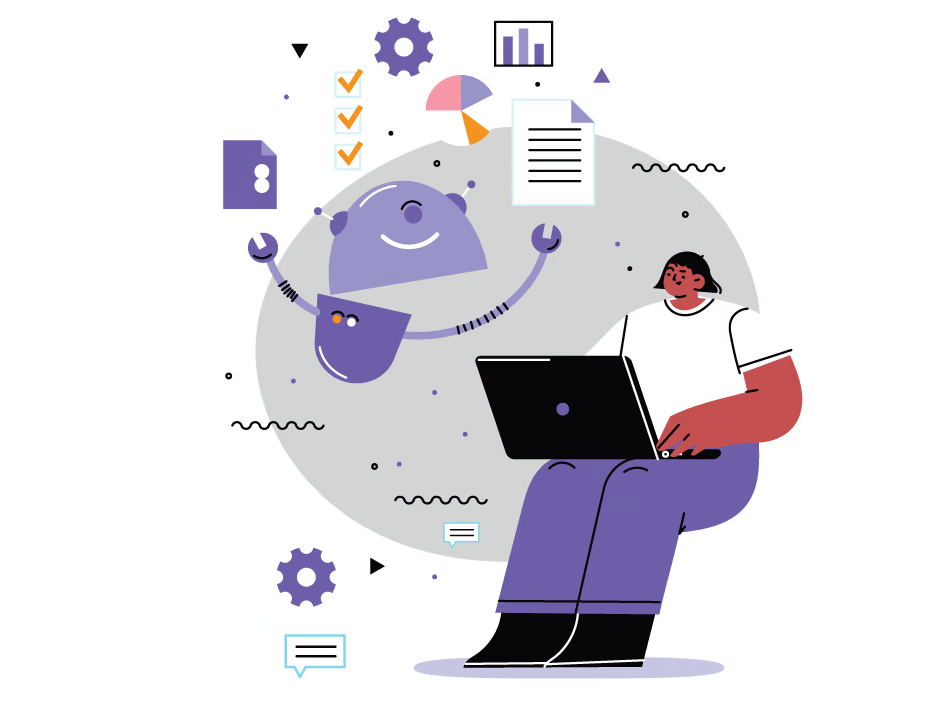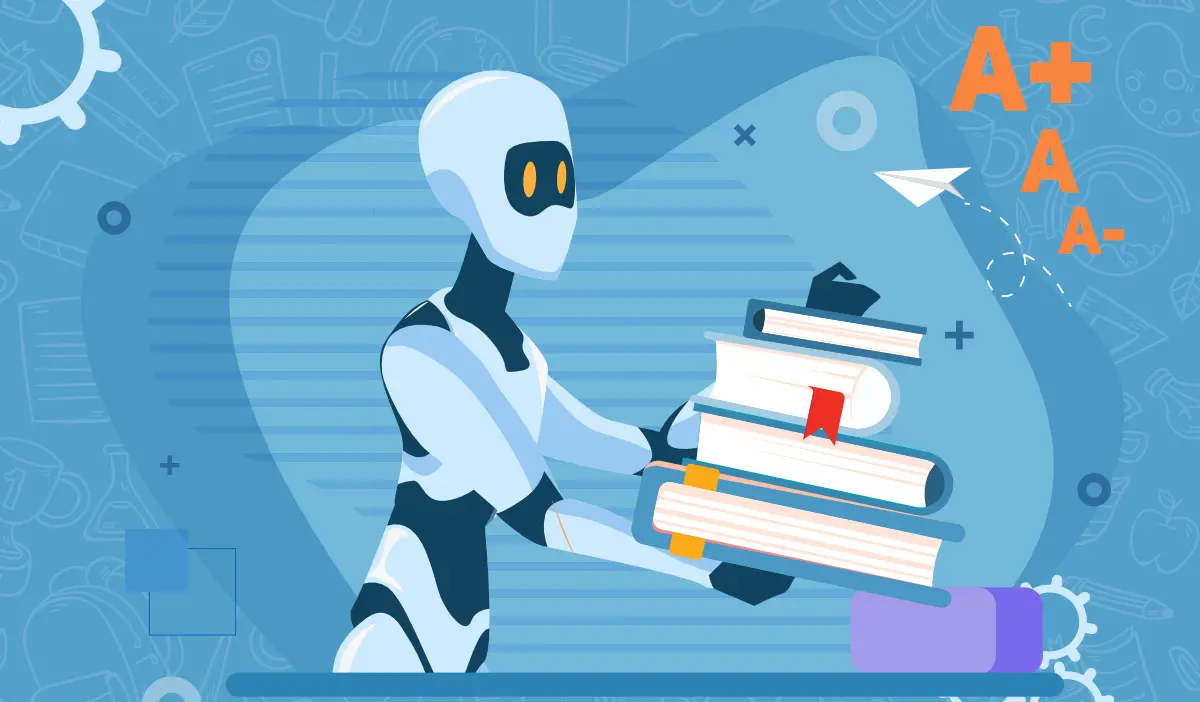In the rapidly evolving landscape of education technology, the integration of artificial intelligence (AI) presents unprecedented opportunities for startups to revolutionize the learning experience. By harnessing the power of AI, Ozosoft helps EdTech startups enhance personalized learning, optimize administrative processes, and improve overall educational outcomes. Here are five effective ways EdTech startups can leverage AI for significant educational impact.

1. Personalized Learning Paths
AI-driven algorithms can analyze students’ learning patterns and preferences to create personalized learning paths. By understanding each student’s strengths and weaknesses, EdTech startups can tailor educational content to individual needs, fostering a more engaging and effective learning experience.
2. Adaptive Assessment and Feedback Systems
Implementing AI-powered assessment tools allows for adaptive evaluation and real-time feedback. This enables EdTech platforms to provide immediate insights into student performance, identify areas for improvement, and offer targeted support, ultimately enhancing the learning process.

3. Intelligent Content Creation
AI can facilitate the creation of interactive and adaptive educational content. By utilizing natural language processing and machine learning, EdTech startups can develop dynamic learning materials that adapt to students’ comprehension levels, ensuring a more engaging and impactful educational experience.
4. Smart Administrative Solutions
AI technology can streamline administrative tasks, such as scheduling, grading, and resource allocation, allowing educators to focus more on personalized instruction and student support. By automating routine administrative processes, EdTech startups can optimize operational efficiency and create more time for meaningful interactions in the educational setting.
5. Predictive Analytics for Student Success
Leveraging AI-driven predictive analytics enables EdTech startups to identify potential academic challenges and provide early intervention strategies. By analyzing diverse data points, including student performance and engagement metrics, AI can help EdTech platforms anticipate and address barriers to learning, ultimately improving student success rates.

In conclusion, the integration of AI in the EdTech landscape holds immense potential for transforming the educational experience. By leveraging AI for personalized learning, adaptive assessment, intelligent content creation, administrative efficiency, and predictive analytics, EdTech startups can significantly impact the future of education, fostering a more inclusive, effective, and engaging learning environment. As the capabilities of AI continue to advance, the opportunities for educational innovation within the EdTech sector are boundless.



